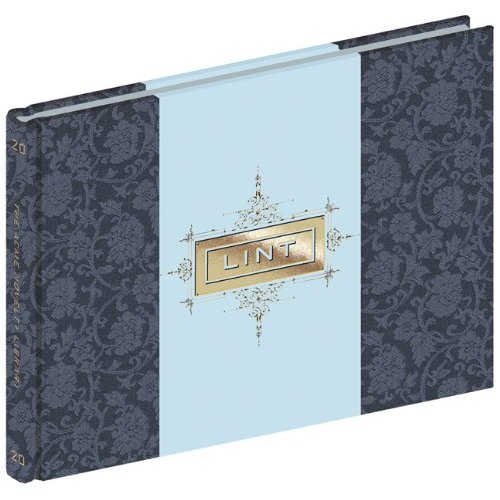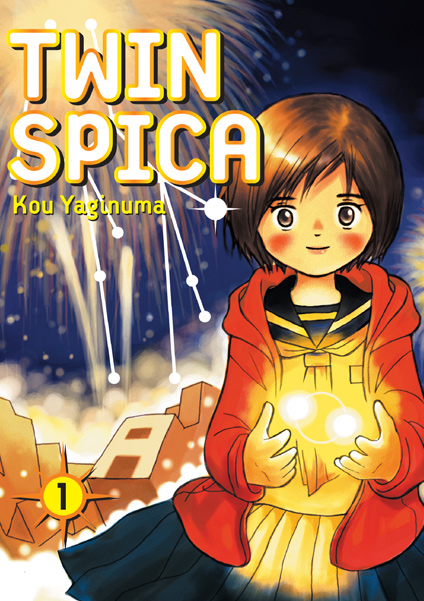
Best Adaptation of Another Work, 2011: Nobuaki Tadano’s 7 Billion Needles
January 31st, 2012 Posted by david brothersThe first thing adaptations of any sort need to do is justify their existence. What does Stanley Kubrick’s 2001 do that Arthur C Clarke’s novel doesn’t? That justification is crucial, because otherwise, why not just read the book? Adaptations that are just direct, or near-direct, copies, like Robert Rodriguez’s Sin City or Zach Snyder’s Watchmen may provide a briefly visceral thrill at seeing what was previously limited to your imagination turned into real life and then displayed on a giant screen, but they don’t have anything over the original works beyond being films. Adaptations need to reveal some previously hidden truth or adjust the story for a new context in order to be truly worthwhile. A 1:1 adaptation simply isn’t enough. Nobuaki Tadano’s 7 Billion Needles, the latter half of which was published this year, is an adaptation that justifies its own existence.
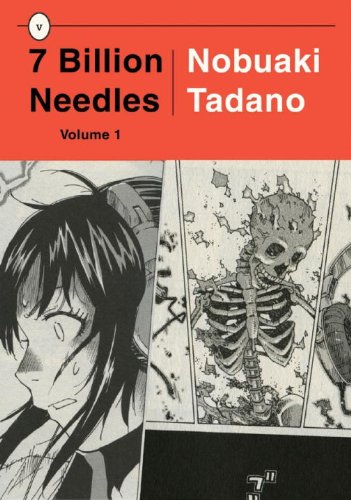
It’s based on Needle, a science-fiction novel from 1950 by Hal Clement. In Needle, an alien life form comes to Earth and takes up residence inside a human boy. The alien is on Earth in hot pursuit of another alien, a hostile one this time, and enlists the boy to help in that battle. The hostile alien has hidden inside another human, and they must solve the puzzle before it’s too late.
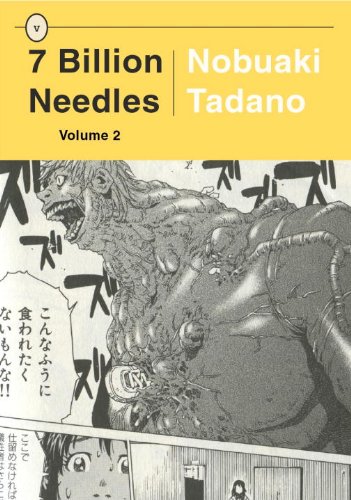
7 Billion Needles keeps the broad strokes of the story. There is a kind alien and a hostile one. The boy has been replaced by Hikaru Takabe, a teenaged girl, and the conflict plays out in a vastly different manner. Rather than dealing with paranoia, it’s more about growth, both emotional and physical. Hikaru is exceedingly reserved after a personal tragedy, and has trouble making friends. She’s quiet with her family, too, even though they have taken her in. Thanks to the influence of the alien, she learns how to open up and just how important relationships actually are. You could even say that she learns just how important the relationships she already has are to her, though she may be actively avoiding or simply not cognizant of that fact. It takes time. There’s no magic button that opens up her emotions, but she eventually grows into a fuller human being.
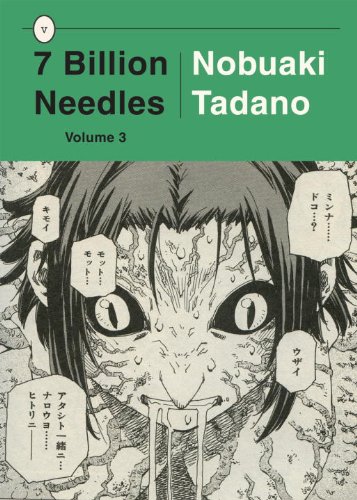
Evolution plays a major role in the series, too. The question of what direction life on Earth should take, how dominant species can upset an ecosystem, and how species contamination works, are important parts of the latter half of the series. While it may not be scientifically sound, it does make for a very interesting wrap-up to a series that’s simultaneously personal and apocalyptic.
7 Billion Needles is a great example of pulling inspiration from an existing work and then doing it justice. Direct adaptations might as well be photocopies. Finding something new to say with an old story is much more interesting.

